
VAA in the works council
In total, the VAA currently provides 11 of 39 works council members in the joint works council of Merck KGaA, four of whom are exempt from their regular work.
The VAA members are specialized in AT topics such as salary bands, global grading, performance management, personnel and talent development or mywork@merck.
We provide our knowledge and experience to the works council in order to be able to adequately represent the employees. In addition, the VAA works council members are part of many works council panels, including the operative Works Committee (Betriebsausschuss), the Divisional committees (Bereichsausschüsse), the Economic Committee (Wirtschaftsausschuss) and the team responsible for any remuneration matters.
Your contacts:
Your contacts:
Sandra Schwebke (Chairwoman of the group)
Dr. Gabriele Eismann (Vice Chairwoman)
As VAA works councils, we represent your voice on the Merck joint works council.
Your VAA works council members
Sandra Schwebke
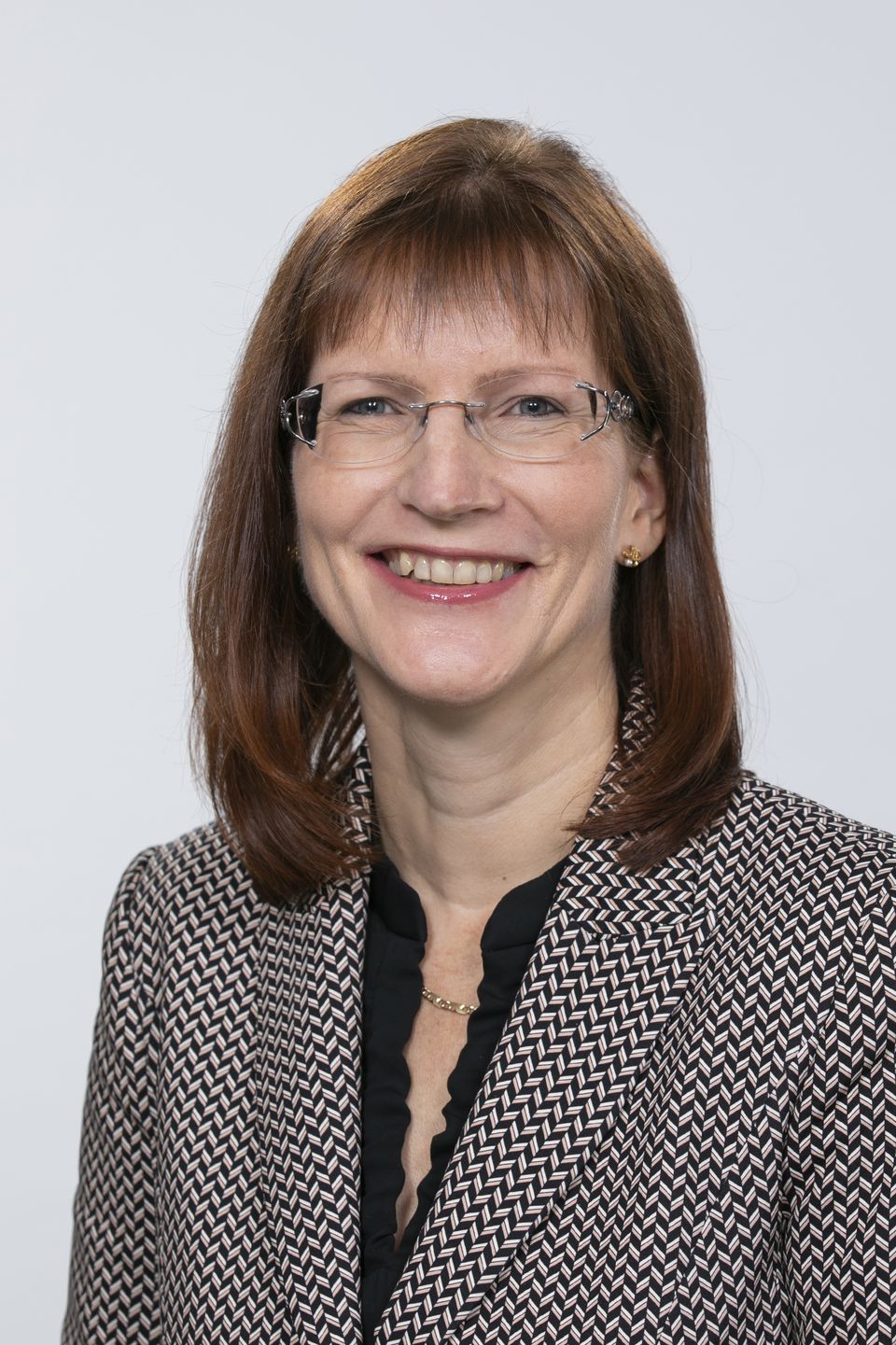
Tasks/Committees
Full time works council member
Chairwoman of the parliamentary group
Member of:
- Works Council
- Works Committee
- Divisional committee for central functions (spokeswoman)
- Economic Committee
- BR negotiating team
Main focuses
- Merck Group Functions, Finance and Healthcare in particular Business development and restructuring
- Compensation topics
- Performance Management (PMP & CPD)
- Personnel development/Global Role Framework
- Transformations (e.g. Forward)
- Employee pension plans, in particular company pensions
Dr. Christian Raabe

Tasks/Committees
IT Business Partner SM and IA
Member of:
- Supervisory Board
- Audit Committee of the Supervisory Board
- Works Council
- Economic Committee
- Team sustainability
Main focuses
- Merck Group Functions Site Management, IT, Merck Business Service (MBS) in particular
- Business development and restructuring
Dr. Gabriele Eismann
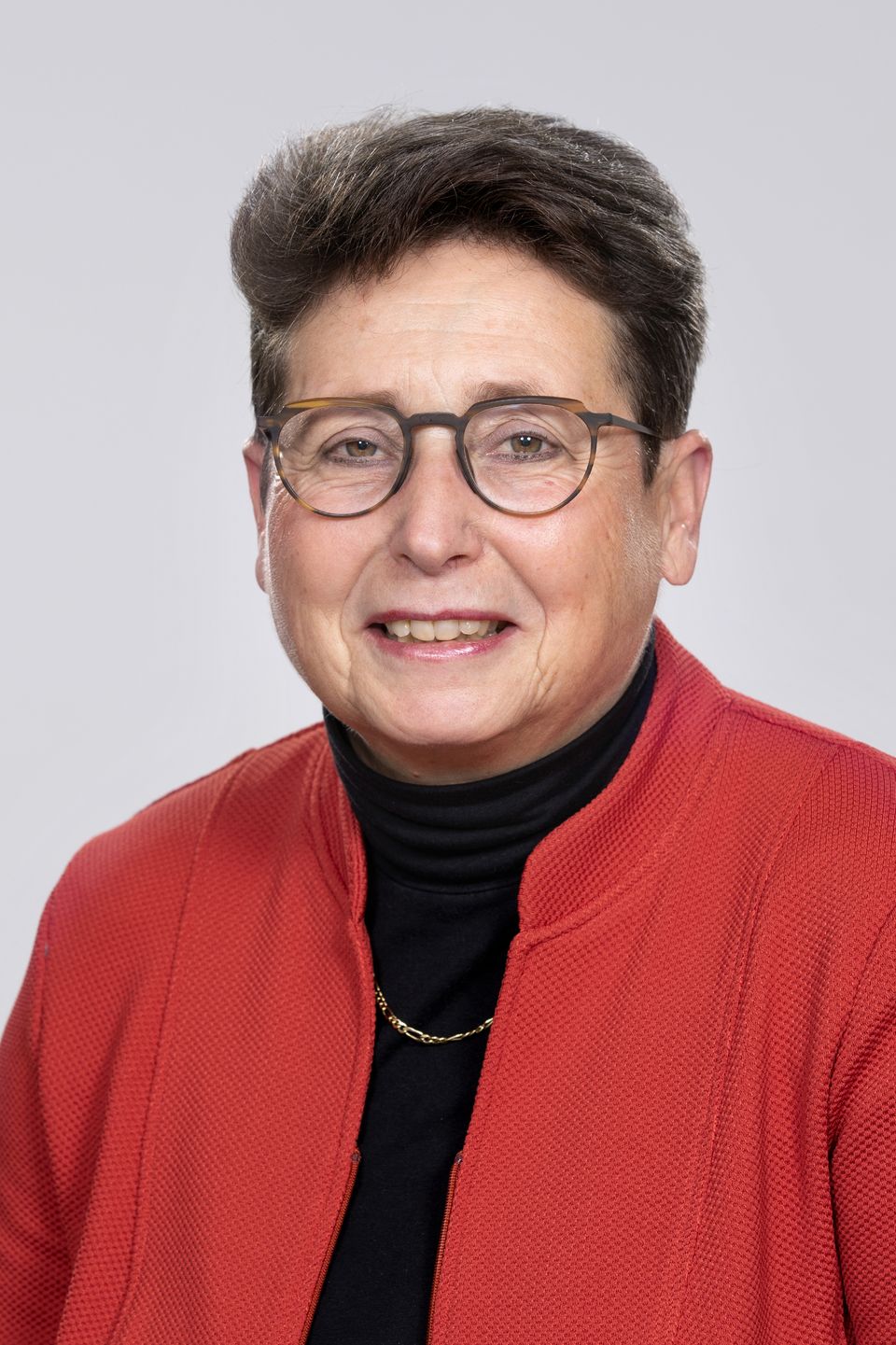
Tasks/Committees
Full-time works council member
Deputy chairwoman of the parliamentary group
Member of:
- Supervisory Board
- Works Council
- Works Committee
- Chemicals Division Committee (deputy spokeswoman)
- Economic Committee
- Education and Training Committee
Main focuses
- Life Science
- Business development
- Lived corporate culture characterized by individual working atmosphere, sensitivities
Dr. Markus Arnold
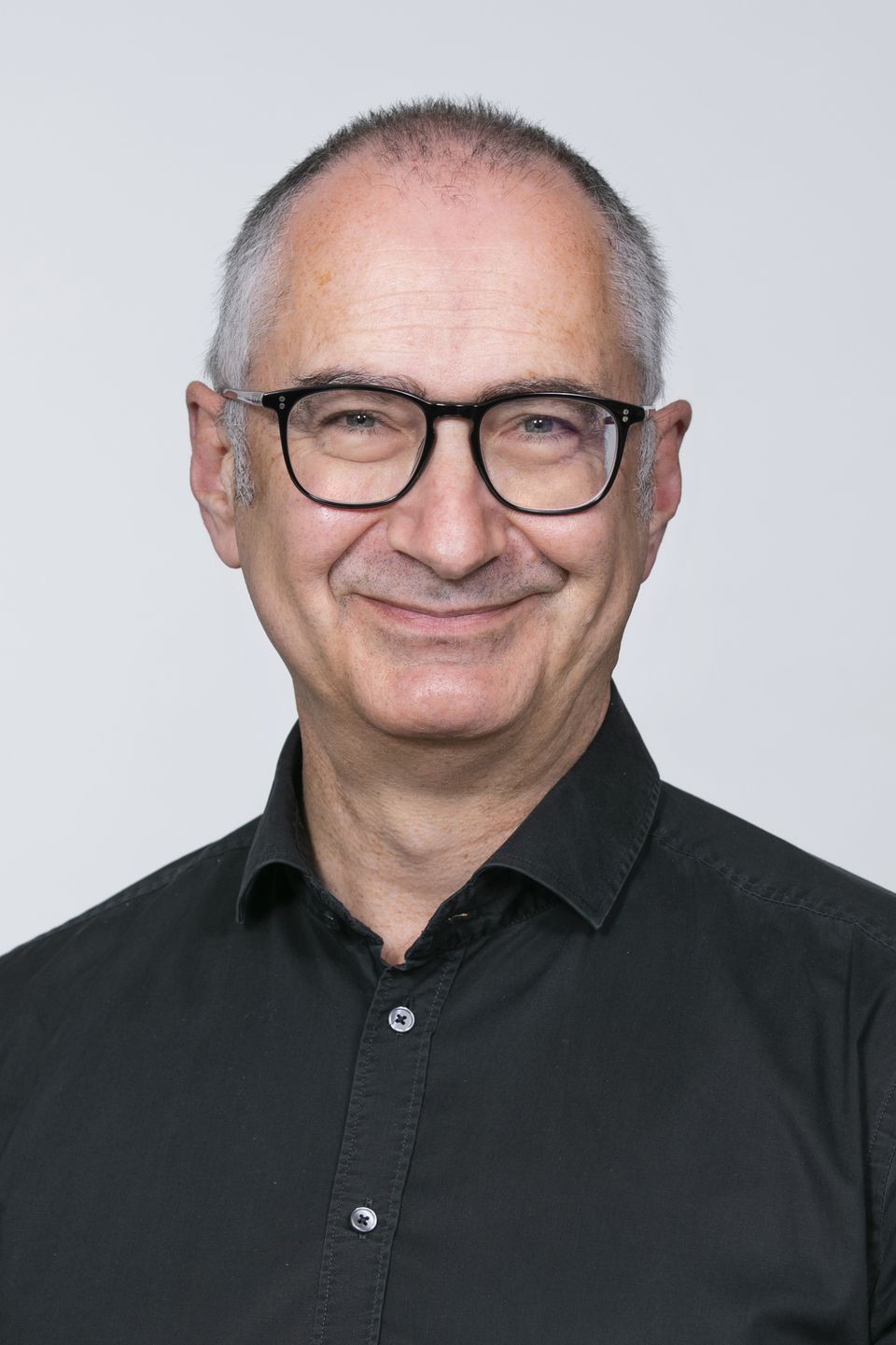
Tasks/Committees
Full-time works council member
Member of:
- Works Council
- Works Committee
- Chemicals Division Committee
- Education and Training Committee
- Team health and social matters
- Team overtime matters
Main focuses
- Electronics
- Transformations (Bright Future)
- Education and training
- Caring for relatives
Dirk Seeber

Tasks/Committees
Information Technology, Senior Expert Service Delivery Quality & Compliance Applications
Member of:
- Works Council
- Divisional committee for central functions
- Committee for Information Technology (IT-A)
Main focuses
- IT
- „Work-Life-Balance“- working full-time vs. part-time
- Digitalization
Klaus-Peter Grünzner
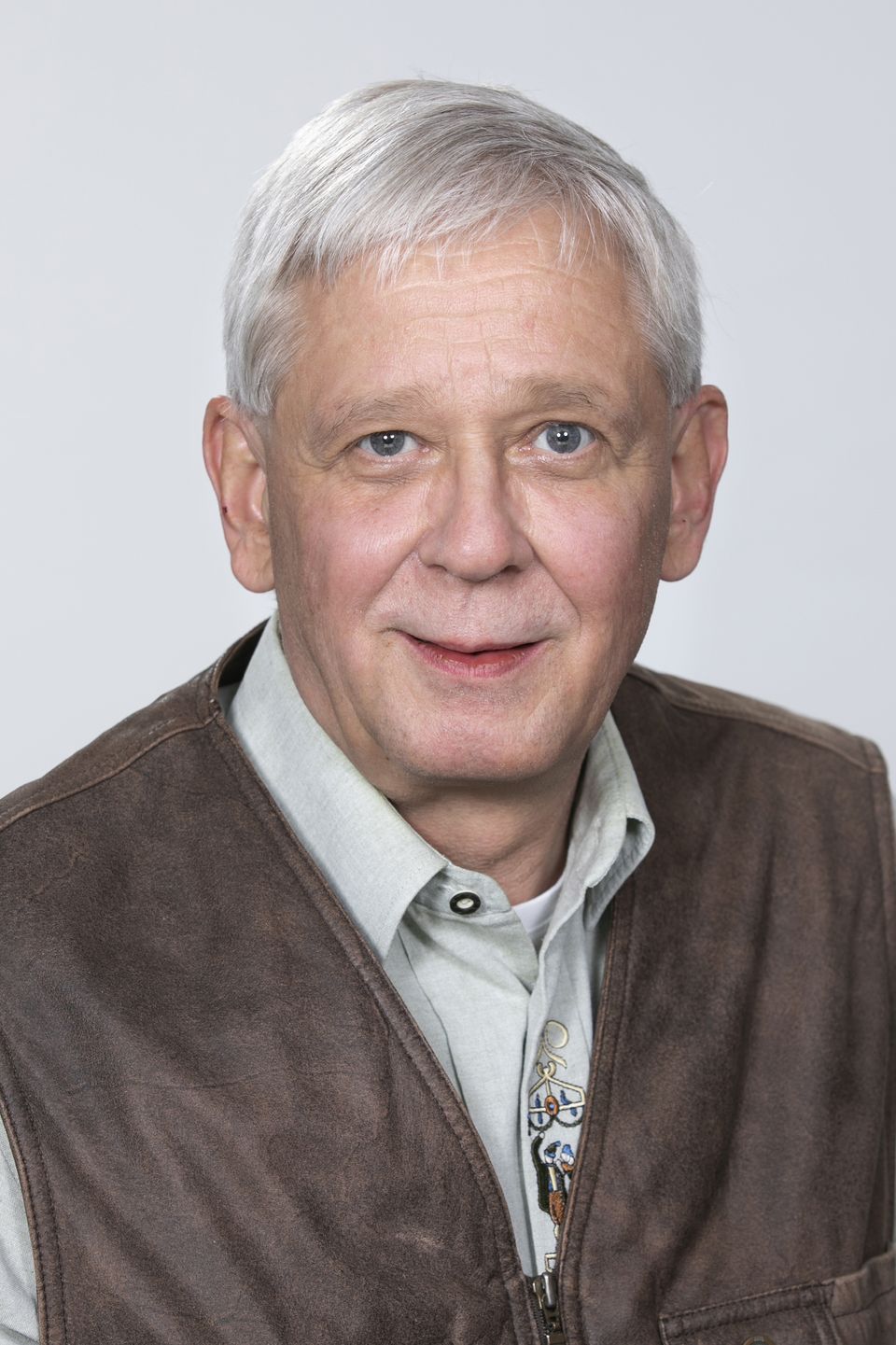
Tasks/Committees
Senior Engineer SM-BCT Technical and IT-Support
Member of:
- Works Council
- Works Committee
- Site Management Divisional Committee
- Environment, Safety and Workplace Committee
- Committee Idea Management
Main focuses
- Merck Group Functions, Site Management, Engineering Departments as well as Merck Real Estate and Gernsheim
- Idea Management
- Compensation topics
- Environment & Safety
- Third Party Service Management
Undine Vittinghoff, LL.M.
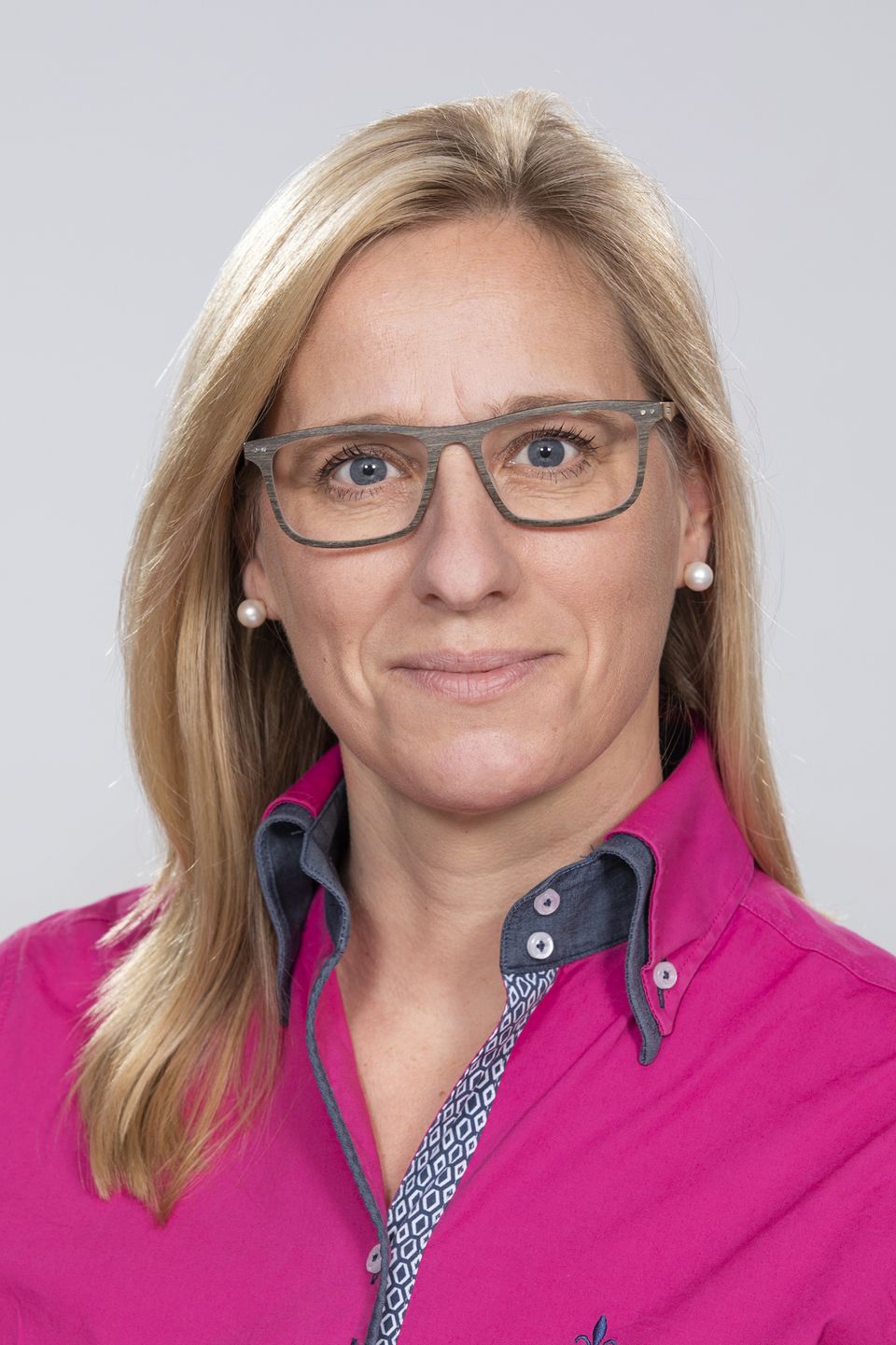
Tasks/Committees
Attorney, Tax consultant Group Tax
Member of:
- Works Council
- Works Committee
- Divisional committee for central functions
- Economic Committee
- Team for remuneration matters
Main focuses
- Merck Group Functions Finance and Life Science in particular
- Business development and restructuring
- Compensation topics
- Performance Management
- Personnel Development/Global Role Framework
- Company pension plans, in particular company pensions and long-term care
- Future Ways of Working
Dr. Holger Freund
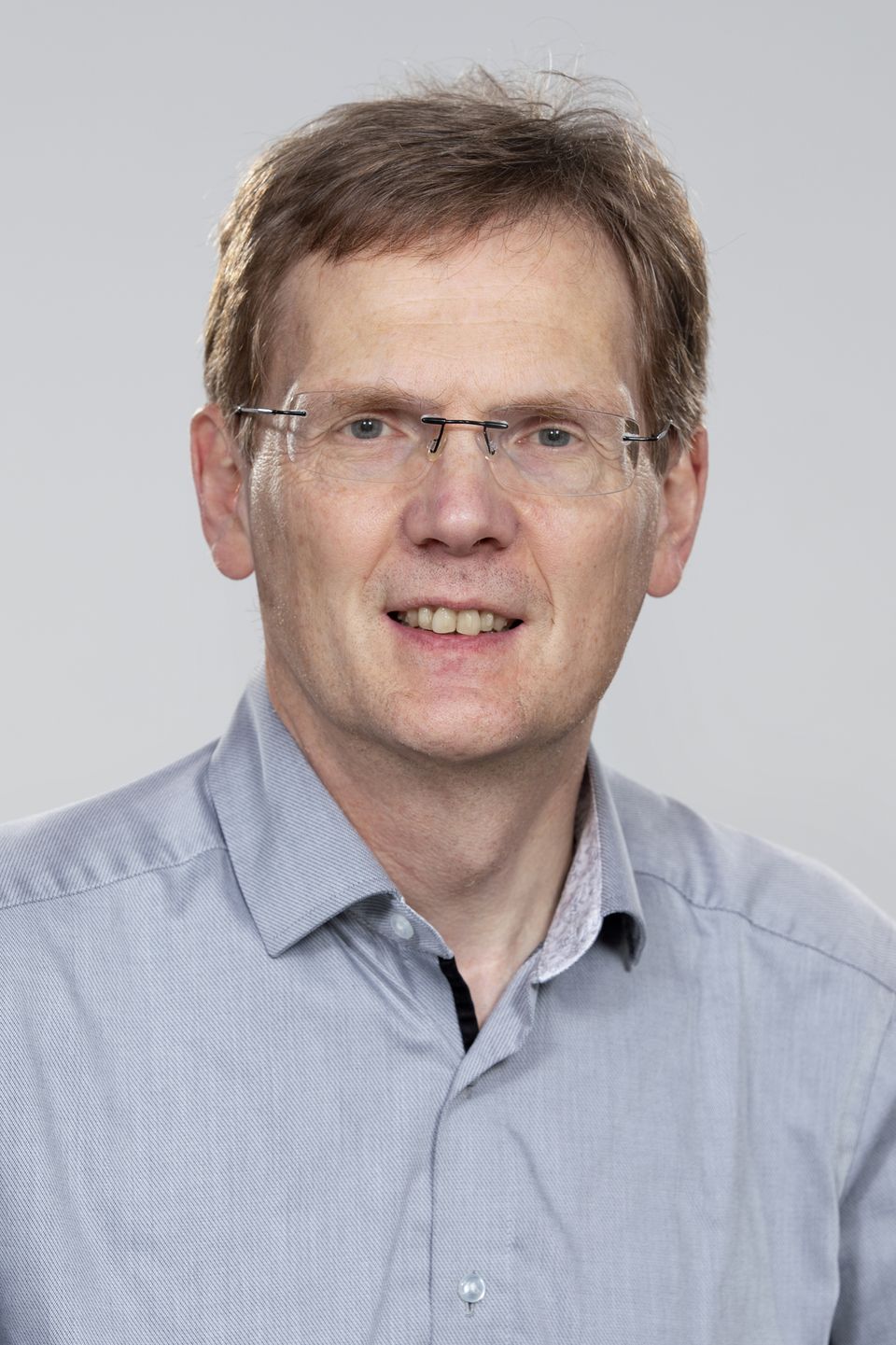
Tasks/Committees
Senior Scientist EL-OTS
Member of:
- Works Council
- Works Committee
- Chemicals Division Committee
- Environment, Safety and Workplace Committee
Main focuses
- Electronics
- Environment & Safety
- Compensation topics
- Performance Management
- Global Role Framework
- CRC and Bonus Calculator
- Future Ways of Working
Dr. Ines Hädrich
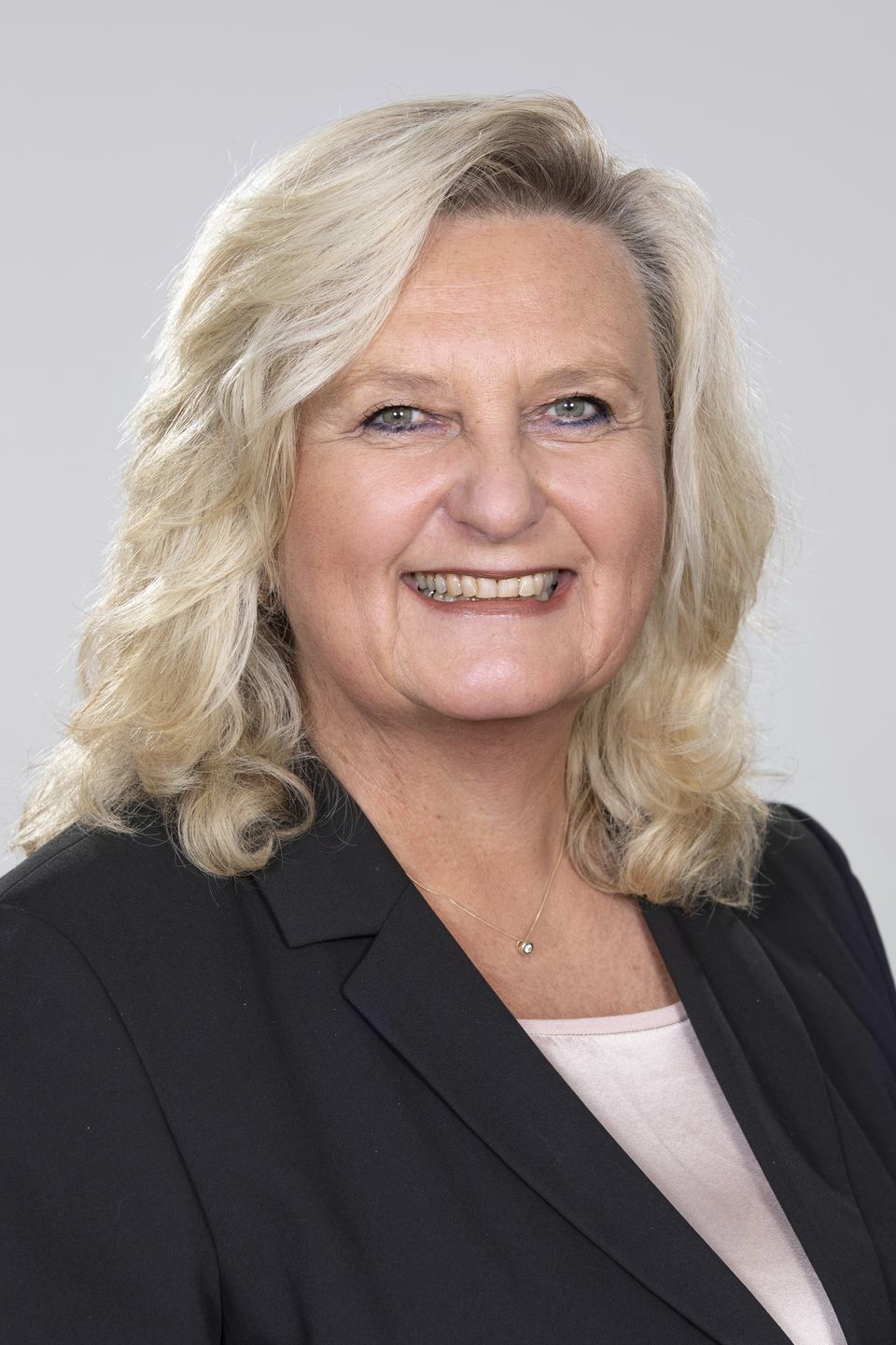
Tasks/Committees
Head of Product Management Group Lab Chemicals, Life Science
Member of:
- Works Council
- Chemicals Division Committee
Main focuses
- Life Science
- Business development
- Information and communication technologies
Dr. Afrim Bytyqi
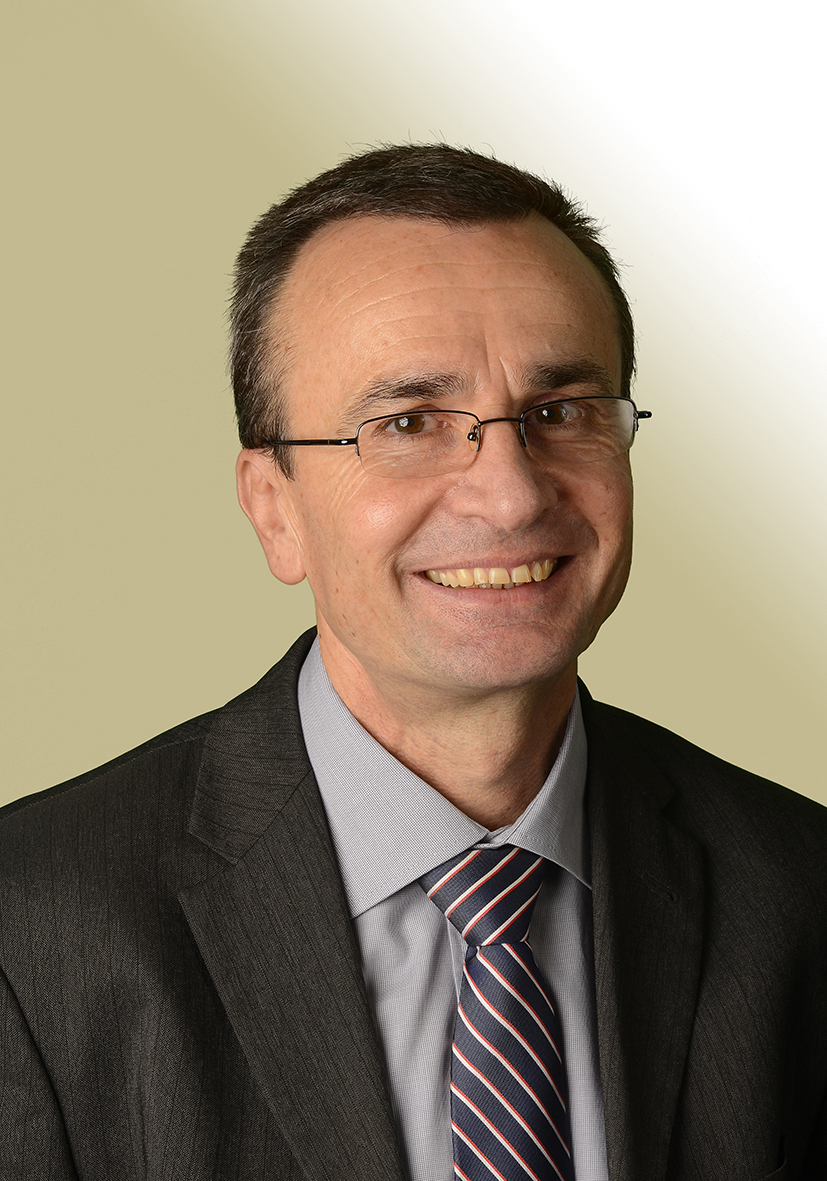
Tasks/Committees
Head of Clinical Pharmacology Operations
Member of:
- Works Council
- Divisional Committee Pharma
Main Focuses
- Healthcare, R&D in particular
- Transformations (THRIVE)
- Global Role Framework
For you on the pulse of operational issues
Divisional Committees
Divisional Committee
Chemicals
Members
Dr. Gabriele Eismann
(deputy spokeswoman)
Dr. Markus Arnold
Substitute members
Dr. Holger Freund
Dr. Ines Hädrich
Divisional Committee
Pharma
Members
Dr. Afrim Bytyqi
Dr. Alexandra Pfrepper
Substitute members
Dr. Emilia Richter
Dr. Stefan Weigt
Divisional Committee
Central Functions
Members
Sandra Schwebke (spokeswoman)
Dirk Seeber
Substitute members
Undine Vittinghoff
Dr. Moritz Niemiec
Divisional Committee
Site Management
Members
Klaus-Peter Grünzner
Nicole Blasius
Substitute members
Manfred Gertig
Michael Arnold
Divisional Committee
Gernsheim site
Members
Michael Huber
Dr. Matthias Ohm
Committees
Works Committee
Members
Sandra Schwebke
Dr. Gabriele Eismann
Substitute members
Undine Vittinghoff / Klaus-Peter Grünzner
Dirk Seeber
Dr. Markus H Arnold / Dr. Holger Freund
Economic Committee
Members
Dr. Gabriele Eismann
Sandra Schwebke
Substitute members
Dr. Christian Raabe
Undine Vittinghoff
Committee for Education and Training (BiFo)
Member
Dr. Markus Arnold
Substitute member
Dr. Gabriele Eismann
Committee for Environment, Safety and Workplace (USA)
Member
Dr. Holger Freund
Substitute member
Klaus-Peter Grünzner
Committee for Information Technology
(IT-A)
Member
Dirk Seeber
Substitute member
Dr. Michael Klug
Committee Idea Management (IM)
Member
Klaus-Peter Grünzner
Substitute member
Dirk Seeber
Committee for Diversity und Inclusion
Member
Per-Holger Sanden
Substitute member
Bianca Rehpenning
Committee for Future Ways of Working
Substitute member
Dr. Michaela Kröger
Topic responsibility
Compensation
Member
Undine Vittinghoff
Topic responsibility
Health and Social matters
Member
Dr. Markus Arnold
Topic responsibility
Sustainability
Member
Dr. Christian Raabe
Topic responsibility
Workflow overtime
Member
Dr. Markus Arnold
Group Works Council
Substitute Delegate
Dirk Seeber
Merck Euroforum
Substitute Delegate
Dirk Seeber
Commission Housing Allocation (WoKo)
Member
Dirk Seeber
Representative for surveys
Dirk Seeber
Operational Co-determination
Based on the Works Constitution Act (BetrVG), which is unique in Europe and has roots which go back 100 years, the interests of the collective and non-tariff (AT) employees are represented by the works council (BR) within the company.
- The works council concludes company agreements (BV) with the employer so that the interests of the employees are considered.
- Works council members from the workforce are re-elected every 4 years.
Why is the works council so important for AT employees?
Representing the interests of non-managerial AT employees is only possible through the works council. Works councils have many information and consultation rights on:
- Terminations
- Personnel planning and job security
- In the event of operational changes and as part of a reconciliation of interests due to transformations
- Occupational safety and environmental protection
- Designing the working world in projects such as "Future Ways of Working, FWoW)" or "Activity-based Working (AWB )"
- Work processes and work environment
- Promotion of vocational training
The works council is the central regulatory body that not only has to ensure a fair balance of interests regarding the company owners, but at least equally in relation to the employee groups among themselves.
As a VAA works council members, we usually belong to the group of AT employees and therefore know your concerns particularly well. That is why we, as VAA works council members, effectively bring your interests within this group of employees on the agenda of the entire works council committee.
The works council's right of co-determination is of particular importance for non-exempt employees when determining the remuneration:
- to ensure the same transparency as for employees covered by collective agreements after the creation of fair remuneration and target agreement systems
The employer Merck on the one hand and we as the works council on the other hand must do what employers' associations and Unions do in a collective agreement in the non-tariff area:
- Formation of salary groups and determination of their value to each other
The VAA is the original AT interest group and VAA works council members stand for job security.
What the works council can co-determine
The employer cannot pass any regulations on factual matters to which a right of co-determination persuade to section 87 BetrVG applies without the consent of the works council:
- Beginning and end of daily working time
- Reduction and extension of working hours
- Further development of working time models
- Fair remuneration systems, Wage structuring, Payment of wages
- Transparent evaluation and Bonus systems
- Health protection and company health management
- Company housing
- Company regulations and employee conduct
- Social facilities
- Vacation
- Group work
- Preservation and strengthening of company pension schemes
- Expansion of the compatibility of family, work and career
- Qualification, training and further education measures
- Employee data protection
- Monitoring
- Transparency in corporate policy and a trusting communication
- Delegation of responsibility